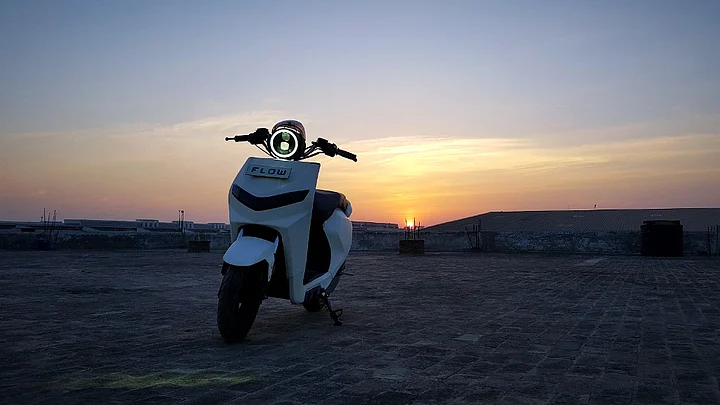The Indian government first decided to switch all its four-wheelers to electric by 2030, which was met with hue and cry from all corners of the industry with experts saying it’ll be impossible. So, the country’s regime decides to tone down the target, slowly realising things will be harder than first imagined.
Fast forward to June 2019, and reports suggest the focus has now shifted to two-wheelers, specifically the under 150cc engine category that is reportedly required to switch to electric by 2025, which is less than six years away. Now if you consider that moving cars to electric in 10 years is not realistic, then how exactly are two-wheelers going to make the switch?
After all, let’s not forget, majority of Indians buy two-wheelers, and most of the volume is delivered by those under 150cc, the cash cow for manufacturers like Honda and Hero MotoCorp among others.
India sold 21 million two wheelers in FY2018-19, registering a growth of nearly 5 percent as per SIAM’s data. The three wheeler sale, on the other hand, stood at around 7 lakh units, a growth of 10 percent.
And if targeting the two-wheelers wasn’t enough, the upcoming proposal also includes three-wheelers ie autorickshaws, which will be required to rely on electric supply to run on the roads from April 2023 onwards.
Every year we come across vehicular pollution data, and nobody’s surprised to see bikes and scooters sharing the bulk of the emission. Which also tells us the number of two-wheelers on Indian roads is much higher than cars.
So, technically asking bikes and scooters to make the move seems like the practical choice but the industry has a different point of view to share. Bajaj Auto and TVS Motor Company in a PTI report on Monday said that any plan to ban internal combustion engine three-wheelers and two-wheelers to adopt electric ones by 2025 would be “unrealistic” and “ill-timed” and derail auto manufacturing in the country.
According to the Society of Indian Automobile Manufacturers (SIAM), the 150cc two-wheelers which includes both scooters and motorcycles, comprise of more than 80 percent of sales in India.
No wonder, the likes of Bajaj, TVS and even Hero are miffed by the suggestions put on the table.
It’s not as if the two-wheeler space is devoid of electric options in the market for the consumers. You have brands like Okinawa, Twenty Two Motors and Ather Energy doing their bit to push consumers into investing on electric vehicles.
Having said that, prices of these vehicles have been a big deterrent to the buyers, who’re yet to understand the long term effectiveness of ditching petrol options.
Even SIAM, the auto industry body, has advised the government to follow a well laid-out road map and a practical time frame for the rollout of electric vehicles (EVs) in the country.
“The supporting infrastructure for charging of electric two wheelers needs to be as robust as conventional fuel options”, as pointed out by Venu Srinivasan, Chairman, TVS Motor Company. One of the many reasons why a Tesla coming to India is seen as a pipe dream, and we’re not even talking about the administrative challenges here.
Ideally, India’s got to target a future where the existence of conventional two wheelers is rightly balanced out with electric variants, that hopefully get the required support from the government. Switching is good but forcing it on people will never deliver the actual objective.
(At The Quint, we question everything. Play an active role in shaping our journalism by becoming a member today.)
